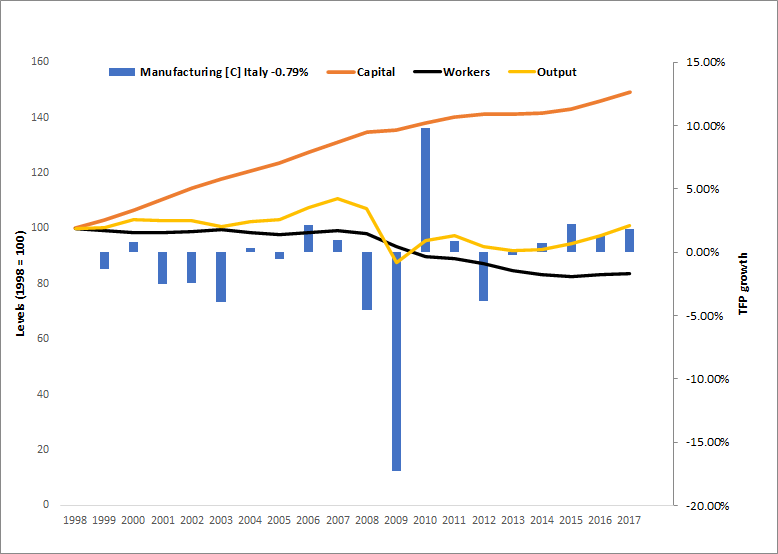
Imagine an economy of restaurants, randomly trying different styles. Their outcomes range across a distribution. The winners create jobs, profits and annoying columns about their brilliant entrepreneurialism. The losers go bust. Restaurant eating rises in line with GDP 1/5
Bad policy wonks come along, and look at the top quartile. "If the median performance could match the top restaurants, the industry would be X% bigger" they opine. But of course they can't, not in terms of sales. Orders at Bob's Pizza take from orders at Sheila's Fish 2/
A lot of sectoral/regional analysis of growth hits this fallacy*. Even when someone calculates how much richer society would be if everyone had higher education. The sum of social gains *isn't* the sum of each individual's gain. What was gained at the expense of another? 3/
Of course, win-win growth can happen. It boosts growth when restaurants improve techniques, freeing up labour and resource for other uses (but ask - where do the technologically unemployed staff now go?) And there are consumers! It's good that restaurants have to compete! 4/
But failing to think of the total envelope does, I think, lead to a vast amount of overestimation of growth potential. And think about this when some restaurateur boasts of the jobs *he* created. How are total restaurant jobs doing? 5/5
*Postscript example: if X sector were £20bn bigger, the economy would be £20bn bigger. No. Or same for a region, if that growth happened simply by transferring activity to that region, obviously
• • •
Missing some Tweet in this thread? You can try to
force a refresh













